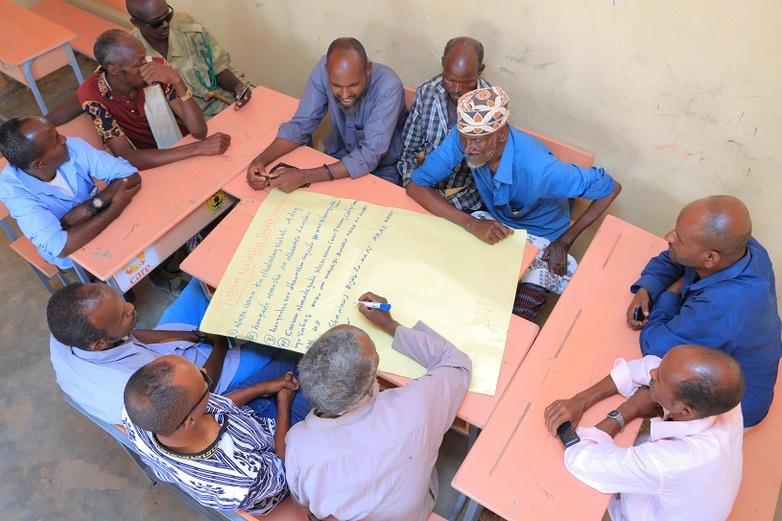Context
Female genital mutilation (FGM) is widespread in Ethiopia, Somalia and Sudan. FGM includes all procedures involving the removal of some or all of the external female genitalia for non-medical reasons. This seriously violates a person’s right to health and physical integrity. The procedure also often leads to serious physical and psychological consequences such as chronic pain, infections, complications during birth and trauma.
FGM is closely intertwined with prevailing social norms, gender roles and other types of gender-based violence (GBV). Social change is therefore needed in order to reduce FGM over the long term.
Laws against FGM have been in place in Ethiopia since 2005 and in Sudan since 2020. Somalia is currently working on the ban. However, the efforts of the responsible governmental and non-governmental actors to combat FGM are unsystematic and inadequate.

